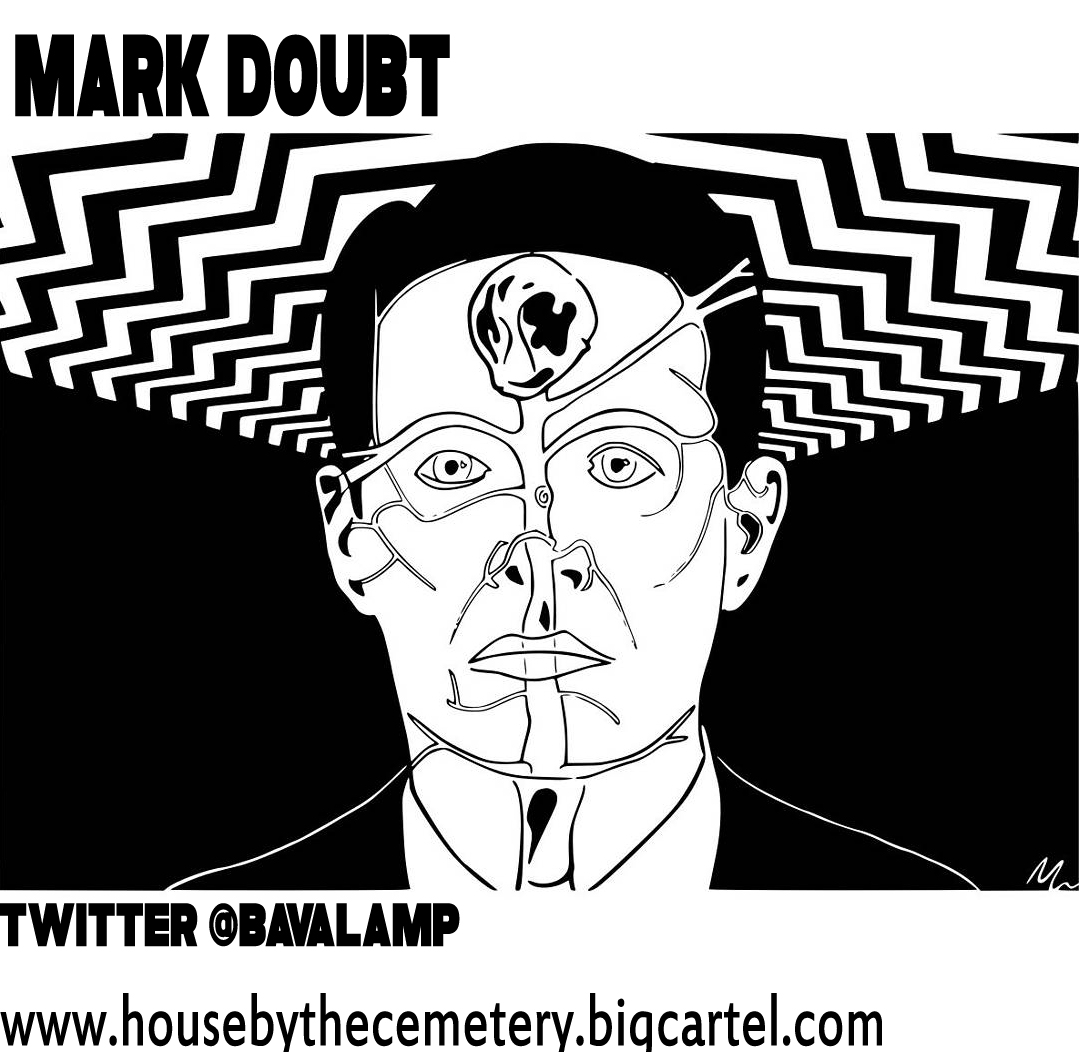by Mark Doubt
February is Women In Horror Month. Help Celebrate women in horror by posting your favorites. Don't forget to tag #wihm9, #wihm2018 of #wihm
4th UNDERRATED
Today, I wanted to highlight an underrated actress who featured in not one, but two of the most successful gothic properties of 1960s horror…Hazel Court
Born in Birmingham, England in 1926, Hazel Court would become synonymous with the gothic horror of both Hammer Studios and Roger Corman. After starring as Elizabeth in The Curse of Frankenstein (1957, dir Terence Fisher), Hammer’s first colour horror movie (and, arguably, the one that cemented them as a horror force to be reckoned with), she would manage two more – The Man Who Could Cheat Death (1959, dir Terence Fisher) and Dr. Blood’s Coffin (1960, dir Sidney J Furie). Following these, Court would become a regular in Roger Corman’s legendary Poe Cycle, appearing opposite Vincent Price and other legends in The Premature Burial (1962), The Raven (1963) and The Masque of the Red Death (1964).
Masque of the Red Death (1964)
Court embraced the tongue-in-cheek nature of Corman’s Poe movies, learning from Vincent Price, Boris Karloff and Peter Lorre in how to approach the material and make it work. In the third of the films, Masque of the Red Death, she would be seen at her best. When she sees she has competition (in the form of Jane Asher) for the affections of Price’s Prospero, Court’s Juliana takes decisive action. Perfecting her knowledge of the dark arts, Juliana burns an inverted crucifix onto her breast and pledges her soul to Satan.
Her ritual dissolves into a stylish fever dream – Juliana wanders through a forest, finds herself surrounded by gargoyles and devils and tortured in a scene evocative of Jan Potocki’s 19th Century novel The Saragossa Manuscript. Juliana’s vision is at once terrifying and profoundly sexual, and it is important to remain aware that Court’s character is complicit in the horrors visited upon her – indeed, it is she that conjures them.
Premature Burial (1962)
Court was a very successful actress, with a career that began in 1944 and saw her win a British Critics Award for her role as a crippled girl in Carnival (1946, dir Stanley Haynes) and did not end until almost 40 years later, with Omen III: The Final Conflict (1981, dir Graham Baker), and television roles in Alfred Hitchcock Presents, Danger Man, The Twilight Zone and Mission: Impossible. Court would go on to be labelled a ‘Scream Queen’ long before the term became popular in the 1980s.
5th LANDMARK PERFORMANCE
Deborah Kerr in Jack Clayton’s The Innocents (1961)
An elegant and genteel movie that gets under the skin and metastasizes, this tale of possession (or is it?) is based on The Turn of The Screw by Henry James, and sees Deborah Kerr’s Miss Giddens hired by Michael Redgrave to look after his nephew and nice, Miles and Flora (Martin Stephens and Pamela Franklin in fantastic turns), in their isolated country manor. When the children’s misbehaviour turns from trifling to troubling, Miss Giddens makes a connection between their actions and the tale she has heard of previous inhabitants of the house – her predecessor Miss Jessel and valet Mr Quint, locked in an abusive relationship whilst alive, both now dead. Giddens begins to worry that the children may have been possessed by the pair…indeed she becomes obsessed with the idea, and cannot let it go...
Since the dawn of cinema, filmmakers have fought a battle to find the balance between the overt and the implied – indeed, horror cinema at its finest is as concerned with what you don’t see as what you do. Many directors feel it is better to engage the imagination of the audiences for maximum impact, whereas others understand and master the power of the reveal. Clayton (and his screenwriters, William Archibald and Truman Capote) chose an interesting path when adapting The Turn of The Screw for the screen – rather than opting to show all or show nothing, they plotted a path straight through the middle.
In lesser hands, the result could have been a disaster, eliciting confusion without payoff. For Clayton and Capote it was a masterstroke – there are things we hear but do not see, which we can easily dismiss as the director stoking our imaginations, but then there ARE supernatural manifestations, or at least there appear to be. What are we seeing? Have the ghosts of Jessel and Quint returned from the dead to possess the living? Or are they merely figments of a mind that is slowly unravelling? Can we trust our perspective, which is largely informed by Giddens’ experiences? No hard answers are offered, and the ambiguity only serves to fuel our uncertainty, and therefore ramp up the terror. By the finale, the audience’s nerves are sure to be as shredded as poor Miss Giddens’.
And what of Miss Giddens, and Deborah Kerr’s performance? Kerr gives perhaps one of the most well-rounded performances in genre film, ever. She is nothing short of extraordinary, a layered conflicted soul who has both steel and vulnerability in equal amounts. A truly dramatic performance that the entire narrative hangs upon – the film would not be as celebrated today were it not for Deborah Kerr.
The tropes of The Innocents have become widespread and well-worn in the psychological thrillers of modern cinema. In every such movie, it seems the protagonist is plagued by visions (Jacob’s Ladder, 1990, dir Adrian Lyne), memories (Memento, 2000, dir Christopher Nolan) or people (Fight Club, 1999, dir David Fincher; The Machinist, 2004, dir Brad Anderson) that may be real, or may be figments of their fragile psyche. It seems that the trend has given the genre as many missteps as it has masterpieces, but The Innocents still stands proudly, head and shoulders above almost every movie it has informed. A film that generates genuine terror largely through its dramatic power, a sign of its expertly crafted screenplay as much as its perfectly executed direction.
Regarded by the British Film Institute as one of the greatest psychological thrillers ever made, rated number 14 in Time Out’s 100 best horror films and number 11 in The Guardian’s list of the best horror films of all time, The Innocents is a chilling and tragic story and is a superb adaptation of one of the greatest and most frightening gothic ghost stories ever written.
Mark loves horror, it's history, Art House films and he loves to make art.
Be Sure to Check out his work











